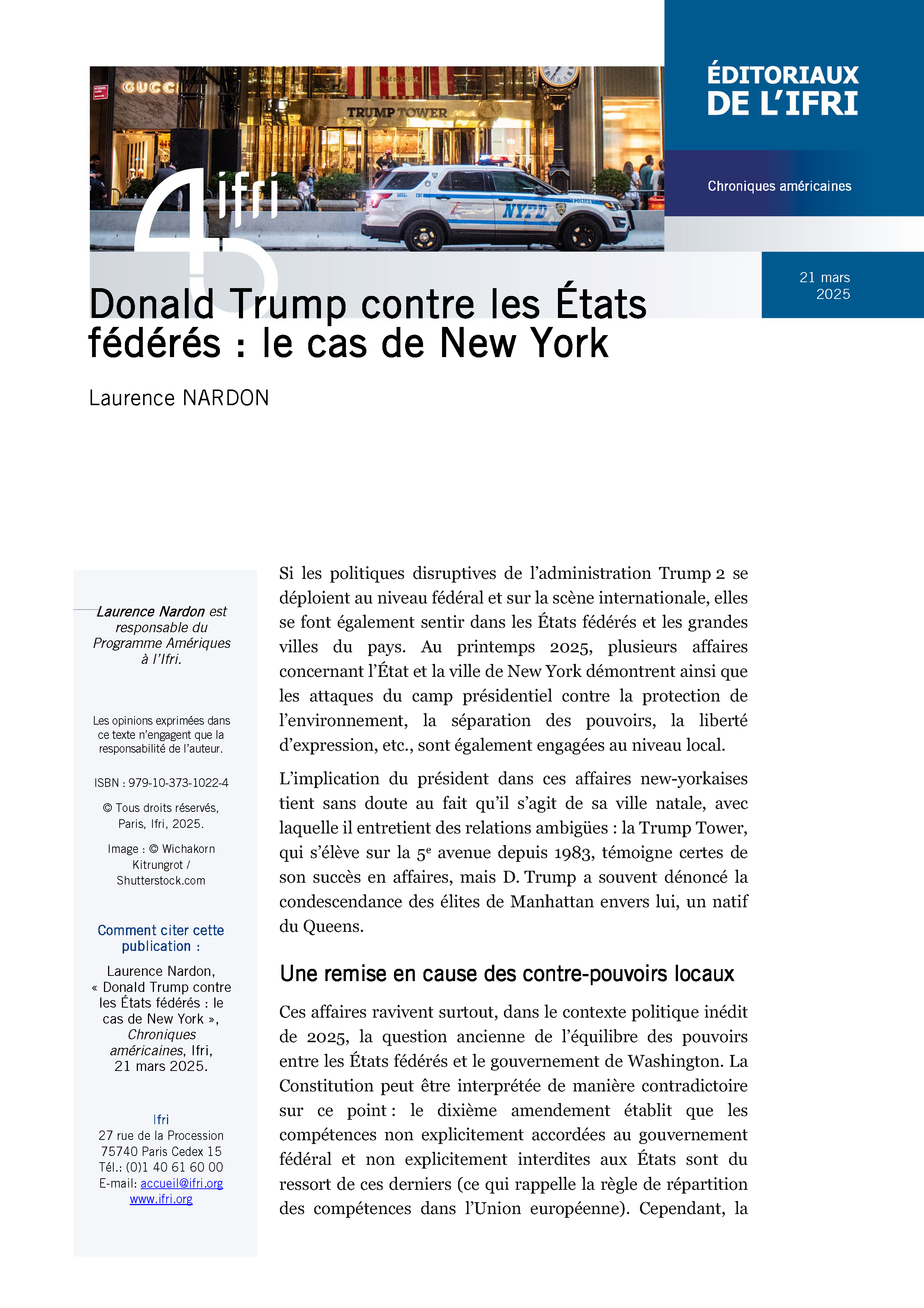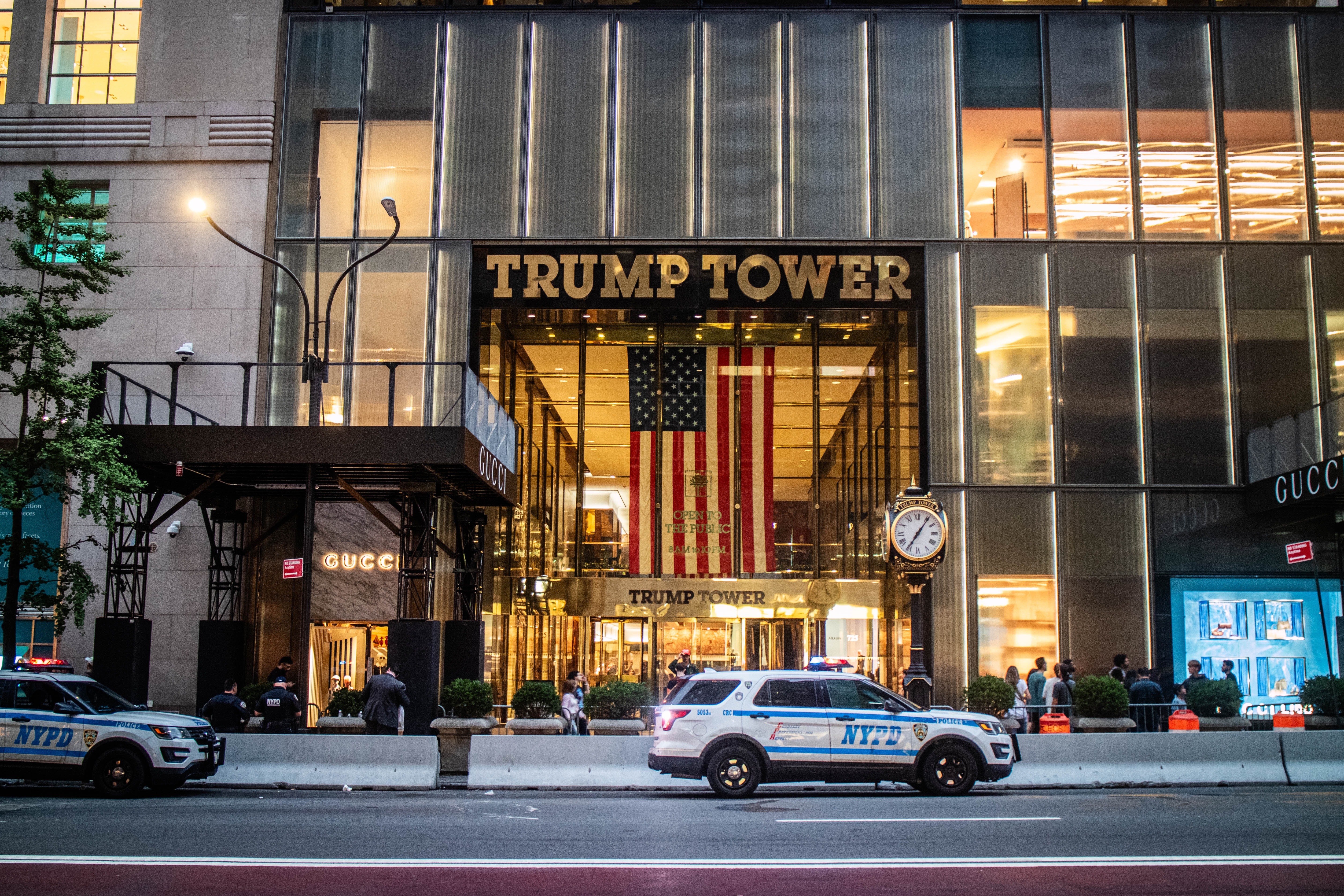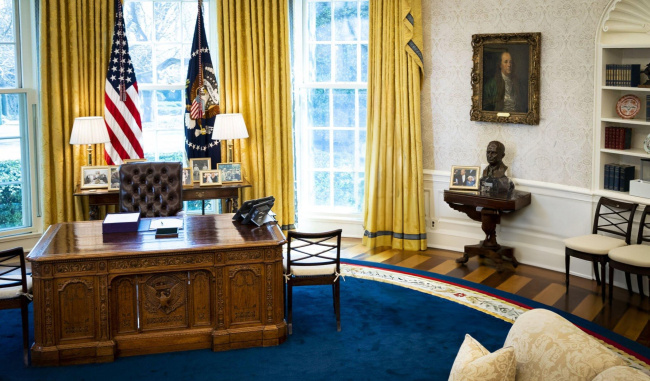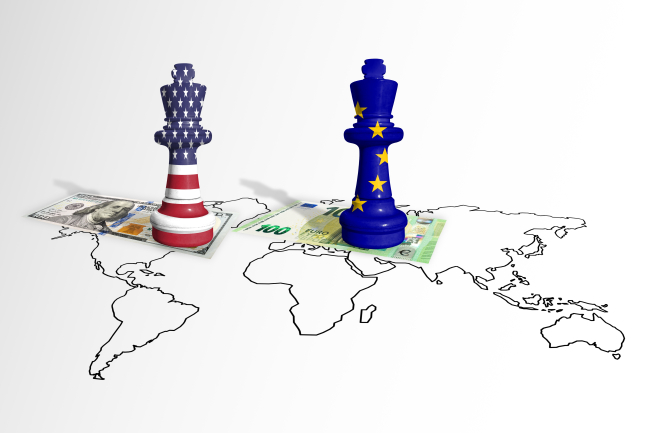Donald Trump v. the States: the Case of New York

While the disruptive policies of the second Trump administration are being implemented at the federal level and on the international stage, they are also being felt in the federal states and major cities across the country. In the spring of 2025, several cases involving the state and city of New York demonstrate that the president’s attacks on environmental protection, the separation of powers, freedom of speech, etc., are also being carried out at the local level.

The president’s involvement in these New York cases is likely due to the fact that it is his hometown, with which he has an ambivalent relationship: the Trump Tower, which has stood on Fifth Avenue since 1983, certainly reflects his success in business, but Donald Trump has often denounced the condescension of Manhattan’s elites towards him, a native of Queens.
A Challenge to Local Checks and Balances
These cases particularly revive, in the unprecedented political context of 2025, the long-standing question of the balance of power between the federal states and the government in Washington. The Constitution can be interpreted in contradictory ways on this point: the Tenth Amendment states that powers not explicitly granted to the federal government or prohibited to the states are reserved to the states (which is similar to the rule for dividing powers within the European Union). However, Section 8 of Article 1 of the Constitution, known as the "Commerce Clause," gives Congress the power to regulate trade between the states and has historically been used to expand the federal government’s powers over the states.
In modern times, particularly with the New Federalism movement of the 1980s and 1990s, it was the Republicans who supported the states, seeking to reverse the centralization of power. Yet, through the attacks launched in the state and city of New York (and in other states and cities) since his inauguration on January 20, Trump appears to be overturning this tradition.
This editorial is only available in French.

Themes and regions
ISBN / ISSN
Share
Related centers and programs
Discover our other research centers and programsFind out more
Discover all our analysesWater in Mexico: an Emergency that Will Wait
Access to water is already and will become increasingly problematic for Mexican economic actors due to the progressive scarcity of the resource resulting from climate change, a geographical distribution that does not coincide with that of the population or economic activity, and management that has so far been far too lax.
How the US under Trump Became a Strategic and Ideological Adversary of Europe
The Europeans' worst security nightmare seems to be coming true: on Tuesday, February 18, 2025, U.S. Secretary of State Marco Rubio and Russian Foreign Minister Sergey Lavrov met in Saudi Arabia to initiate the normalization of relations between their two countries. The meeting also aimed to set up peace negotiations for Ukraine. However, despite having the potential to affect the entire continent, the discussions took place without the Europeans or the Ukrainians being present.
Will Trumpian Authoritarianism Lead to a Constitutional Crisis?
Since his return to the White House on January 20, 2025, President Donald Trump has signed around sixty executive orders to implement his political agenda. Numerous other measures have also been introduced by the White House and the new Department of Government Efficiency (DOGE) as part of these orders.
Trump’s Second Term: Laying the Groundwork for a New Trade War
In a statement released on February 1, 2025, President Trump announced the implementation of a 10% tariff on Chinese goods and a 25% tariff on imports from Canada and Mexico. While the former took effect via executive order on February 4, the latter were granted a 30-day reprieve. Sanctions targeting European Union (EU) products are said to be imminent.










